Does system design require coding?
System design has become an integral part of coding interviews. You will see system design questions in your coding interviews, especially when securing a job at top FAANG companies. Even if you’re a developer with expertise in coding, a solid understanding of system design is crucial.
Whether you are an aspiring tech professional or an industry veteran, understanding the distinction between system design and coding can enhance your approach to creating robust and efficient systems. Let’s clarify how system design works, its place in the tech ecosystem, and why it’s more about planning and less about programming.
Prerequisites of system design interview
If you are a software engineer planning to apply for a position where you might face system design-related questions, it is important to prepare accordingly. We have shortlisted a few prerequisites for a system design interview. Make sure that you check all the boxes.
- Fundamental concepts: Knowledge of scalability, reliability, availability, efficiency, and manageability in systems
- Architecture knowledge: Understanding different architectures like microservices, monoliths, distributed systems, and event-driven architectures
- Technological proficiency: Familiarity with databases, caching, load balancing, API design, and messaging systems
- Problem-solving skills: Ability to approach broad problems, break them into manageable components, and present clear, pragmatic solutions
How much coding is included in the system design interviews?
- System design interviews typically involve some level of coding, although the extent can vary depending on the company and the specific role you’re interviewing for.
- In many cases, coding in system design interviews involves implementing or discussing certain system components using pseudocode or a programming language of your choice. This coding might focus on designing algorithms, data structures, or system architecture.
- While some interviews might require you to write full-fledged code, others might focus on discussing high-level design concepts, trade-offs, scalability, and performance considerations without requiring you to write the code.
- That is why it is important to prepare for both scenarios by practicing coding exercises related to system design and honing your ability to effectively discuss and articulate design decisions and trade-offs
How to prepare for a system design interview
System design interviews require logical thinking and an in-depth understanding of system design components. If you’re preparing for one, Grokking the system design interview can help.
To prepare for the system design interview:
- Study system design fundamentals: Understand the key principles of designing scalable, reliable, and efficient systems. This includes data partitioning, load balancing, caching, replication, and fault tolerance.
- Practice real-world scenarios: Evaluate case studies of designing systems similar to those used by the company you’re interviewing. Explore how you will architect systems like Facebook, Instagram, Netflix, or Uber.
- Review scalability and performance: Brush up on techniques for scaling systems to handle increasing loads and optimizing performance. Familiarize yourself with tools and technologies commonly used for monitoring and optimizing system performance.
- Mock interviews and peer reviews: Conduct mock interviews online to simulate the experience and improve your communication skills. Practice explaining your design decisions clearly and justifying your choices effectively.

